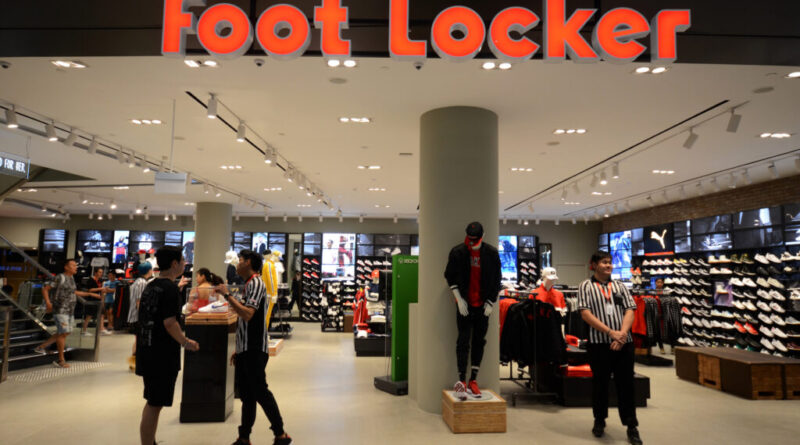Foot Locker Invests $17M Towards Black Businesses

The Black community is a major influence on the fashion industry. Want proof? Foot Locker has just invested $17 million toward Black-owned brands in the design industry.
According to a news release, the retail company aims to support its LEED initiative (Leading Education and Economic Development) to expand programming for Black students and employees by working with Black vendors, community non-profits, creators, and professional service partners.
“Our business exists because of the passion of the Black community around sneakers,” Foot Locker Inc. CEO and chairman Dick Johnson told Insider last year.
Along with the funds, Foot Locker will release UNDENIABLE, a four-part content series surrounding the Black community and its influence in the fashion industry.
“It’s a dream of countless designers and entrepreneurs to not only start their own brand, but to have it sold at a major retailer. Foot Locker is making that dream a reality through its LEED initiative,” broadcast sports personality and series host Taylor Rooks said in the episode one introduction.
The series, available on YouTube, features J. Grant of JJ Grant, Drew Sanders of AWARE Brand, Shakir Goodrich of Campus Remixx, Terrance Hosley of The SDN Brand, and Darryl Brown of The Midwest Kids.
MaC Venture Capital, a Black-led venture capital fund, reported that Foot Locker made a $5 million investment.
“We’re thankful for Foot Locker’s support and partnership,” MaC Venture Capital co-founder and managing partner Marlon Nichols said at the time.
“Capital is one thing, but when you have the opportunity to partner with an organization that’s aligned in your values and is actively demonstrating its commitment to the Black community—that’s truly special,” Nichols added.
Foot Locker launched its LEED initiative in 2020 and pledged $200 million in 2021 toward efforts to empower the Black community. In a 2022 announcement, the footwear company said it had invested close to $54 million in the Black community through its fiscal year ending in 2021.

